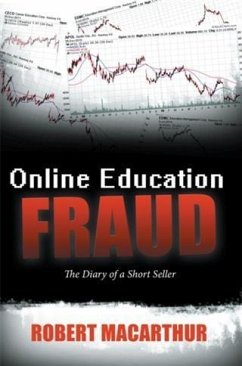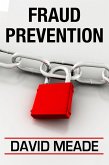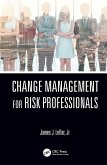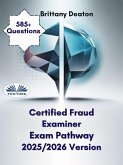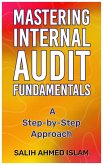Around 2000 or 2001, the Department of Education published a Final Determination Letter concluding that all of CLC's enrollment counselors were being paid commission based on the number of students they enrolled (i.e. a quota system.) As a result, the US Department of Education demanded that all Title IV monies received by CLC be returned to the federal government. This amounted to approximately $185 million dollars. That action put CLC into bankruptcy. CLC's stock went from $40 to zero from 1998 to 2001. Several other up and coming for-profit schools watched, concerned about their own recruiting practices, as many of them were already using incentive compensation schemes.
Also in the 2003-2004 timeframe, another for-profit education company, Career Education ("CEC"), ran into trouble, this time with an accreditor. Career Education had acquired small for-profit companies, opening many schools over a short period of time. Some of them were in California. CEC quickly developed a bad reputation in the industry for its recruiting efforts. However, they were able to show growth. From 2000 to 2004 the company's stock price went from $5 to $75, turning the CEO into a billionaire.
However in the latter half of 2004, CEC ran into trouble with the law and regulators. Several lawsuits were filed against the company across the country, by students, employees, etc. The California Attorney General, in particular, went after CEC aggressively after receiving many complaints from students. Amongst other things, this later prompted the company's accreditor to suspend CEC's ability to recruit students for its online division. So, the company simply set up shop in another part of country and got a different and less restrictive accreditor; however, that took a year to complete, causing the stock to drop from $75 back to $25. Having made their money, senior management quit.
On May 26, 2005, John Higgins, the Inspector General from the ED, testified in Congress on the dangers of for-profit education: "Violations of this requirement occur when refunds are not paid timely, when incorrect calculations result in returning insufficient funds, and when institutions fail to pay refunds at all, which is a criminal offense under the HEA." Higgins declared, "Historically, fraud and abuse predominantly involves proprietary schools. In fact, over the last six completed fiscal years the majority-approximately 74 percent-of our institutional fraud cases involved proprietary schools."
In 2009, with the Obama administration in place, the environment changed substantially. The Obama administration immediately hired Bob Shireman as deputy undersecretary at the DOE; Shireman had formerly been at the DOE under President Clinton. The first issue to be addressed was the revocation of the Safe Harbors, which would effectively render incentive compensation illegal--again.
Dieser Download kann aus rechtlichen Gründen nur mit Rechnungsadresse in A, B, BG, CY, CZ, D, DK, EW, E, FIN, F, GR, HR, H, IRL, I, LT, L, LR, M, NL, PL, P, R, S, SLO, SK ausgeliefert werden.

